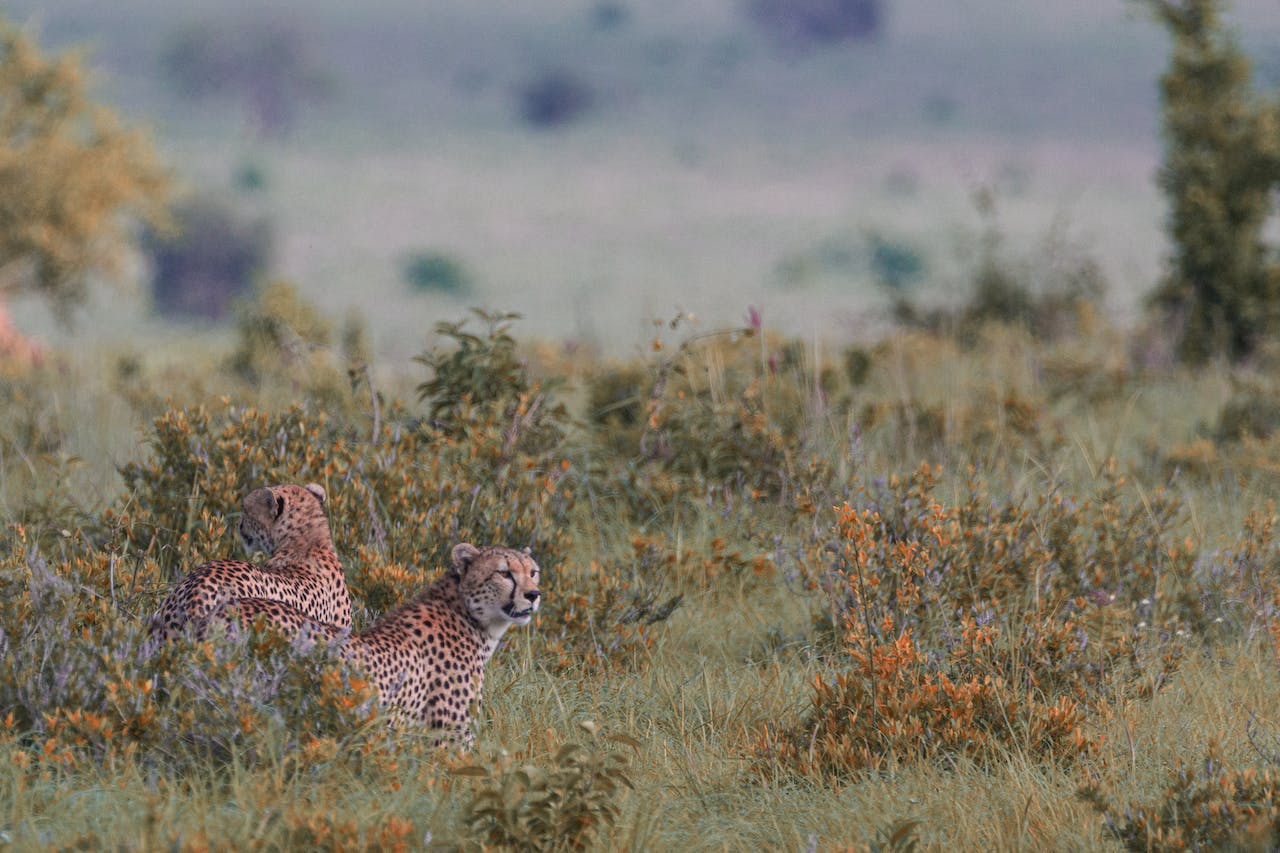Banks Fueling Pangolin and Leopard Poaching

Prominent global banking institutions have made investments in companies engaged in the production of traditional Chinese medicines containing components derived from leopards and pangolins, according to a recently uncovered report.
These actions have raised concerns as both leopard and pangolin species are currently categorised as threatened, signalling a looming risk of becoming endangered.
The Environmental Investigation Agency (EIA) has identified a total of 62 banks and financial entities involved in backing three pharmaceutical groups responsible for manufacturing nine products that purportedly contain leopard or pangolin elements. To shed light on this matter, the BBC reached out to the implicated companies for their responses.
The list of financial institutions implicated in these investments includes prominent UK entities like HSBC, Prudential, and Legal & General, alongside global investment giants such as Goldman Sachs, UBS, Deutsche Bank, and BlackRock.
Leopards and pangolins have garnered the status of "threatened" due to the perceived future risk of becoming endangered, and they are additionally listed under the CITES treaty, which prohibits international commercial trade in these species and their derivatives. The goal is to safeguard their survival in the wild.
The EIA report singles out three pharmaceutical companies at the centre of this controversy: Tong Ren Tang Group, Tianjin Pharmaceutical Group, and Jilin Aodong Pharmaceutical Group. While not all the entities listed invest in all three of these firms, they are connected to at least one.
In traditional Chinese medicine (TCM), leopard bones are utilised as a substitute for tiger bones, as the latter is believed to fortify bones and sinews, offer pain relief, and alleviate wind-related discomfort. Similarly, pangolin scales are thought to promote blood circulation, lactation, and provide relief from rheumatic pain. These claims, however, lack scientific validation.
Following the release of the report, Avinash Basker, EIA Legal & Policy Specialist, called upon the Chinese government to adhere to CITES recommendations and prohibit the utilisation of leopard, pangolin, tiger, and rhino body parts from all sources for commercial purposes within domestic markets.
The EIA expressed disappointment that major banks and financial institutions are indirectly endorsing the harmful exploitation of threatened species by investing in TCM manufacturers, considering many of these institutions have made environmental commitments.
The EIA conceded its inability to determine the origins of leopard or pangolin derivatives. In response, HSBC clarified that it is not a direct investor in these companies and has no direct exposure to them. Deutsche Bank redirected inquiries to DWS, an asset management company that is no longer affiliated with Deutsche Bank. DWS clarified that none of its actively managed funds globally invest in these three issuers.
Legal & General Investment Management acknowledged the critical role of "natural resource use and exploitation" in contributing to nature loss and is actively working on a "nature framework" to address these issues.
BlackRock chose not to comment, and the BBC has reached out to UBS, Tong Ren Tang Group, Tianjin Pharmaceutical Group, and Jilin Aodong Pharmaceutical Group for their input on the matter.
To view and compare company ESG Ratings and Sustainability Reports, visit our Company ESG Profiles page.
Source: BBC

